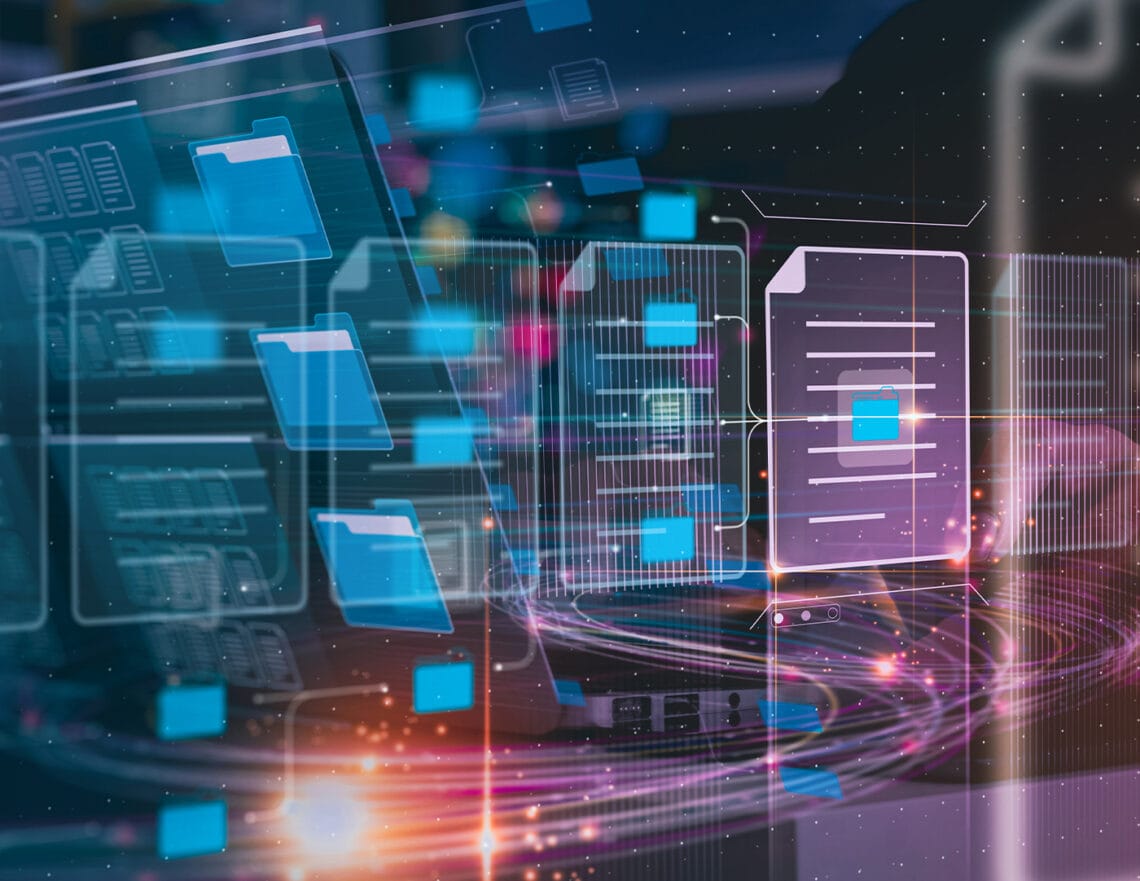
While the ecosystems formed by ERP and database vendors, systems integrators, and other partners can create value, there can be downsides as well. Here are five things you need to know about ERP vendors.
Over the decades, large ERP and database vendors, system integrators, and other partners have formed an ecosystem to help customers deploy and maintain systems that are essential for managing large businesses. While these ecosystems can create tremendous value, they can also create constraints and significant risk, often restricting alternatives through rigid pricing and licensing terms, and costly upgrades or implementations that can destroy a budget while ultimately failing—just witness past major international enterprises such as MillerCoors, Revlon, and Lidl’s well-documented ERP disappointments.
Recently, Rimini Street was invited to participate in a Transformation Ground Control podcast provocatively titled, “Inside the ERP Cartel,” with podcast host Eric Kimberling, founder and CEO of Third Stage Consulting and a recognized and respected independent ERP systems expert
“We’re going to try and pull back the curtain a bit on how the industry works and what some of your alternatives are in terms of how to navigate some of the biases and cartel-esque sorts of behaviors that are prominent here in the ERP software industry,” Kimberling said.
The following is a reality check on some ERP ecosystem business practices, and sums up five key things you need to know about your vendors.
Five things you need to know about ERP vendors
1. They want to steer you to new cloud-based versions and subscription-pricing that allows them to confidently project annual recurring revenue.
- Systems integrators and other partners are eager to help this effort because big company ERP migration efforts are massive, often creating significant, ongoing revenue streams.
- These practices may satisfy the demands of Wall Street investors. But many customers end up questioning the ROI because the value proposition typically doesn’t justify the cost of ownership, and the costs for switching can be exceedingly high due to these massively complex and customized products that have taken years to implement.
2. SAP ECC 6 might be the most complex application software ever written, with 400 million lines of code, and scores of industry solutions.
- The promise of cloud software is that it can be plug and play, but the idea that you can just snap in software that will meet the needs of different multi-billion-dollar manufacturers, for example a chemical manufacturer vs a discrete manufacturer, is simply not realistic today. If it were, we’d be first in line to help those companies migrate their older code bases to new platforms.
- That may help explain why, according to a Gartner reportin October 2023 that at the end of Q2 2023, approximately 33% of SAP ECC customers had bought or subscribed to licenses to start their transition to S/4HANA. Approximately 48% of S/4HANA sales were to net new customers, and 82% of those signing up for RISE with SAP are companies with annual revenue less than $5 billion.
- This might also explain why Rimini Street SAP billings improved by over 60% in Q3 2023.
3. Software upgrades aren’t mandatory imperatives.
My view is you should never, ever do a software upgrade unless you have a business case detailing one or more of these outcomes:
- It will enable an increase in your revenue.
- It will cut your costs.
- It will take market share from your competitors
4. A ‘rip and replace’ migration of large enterprise application or database software can be a massive project that may cost millions of dollars, on top of subscription or licensing costs.
- Besides complexity and cost, these projects also entail substantial risk in replacing software on which your company has depended on for decades.
- As a company offering third-party support for SAP, as well as Oracle, we’ve seen a lot of companies trying to upgrade to S/4HANA public cloud who ended up cancelling those projects. There are a combination of reasons including their project team failed, their systems integrators failed, or they determined the software was not going to work for them because it didn’t accommodate their customizations. It doesn’t matter who’s fault it is – the point is the risk is high so make sure you know exactly what you are doing before undertaking such a massive endeavor.
5. Even if you insist on remaining on your current ERP version, full support will typically only be available for five years from the date of general availability (GA), so many customers may feel forced to undertake upgrades at great cost just to stay fully supported.
Heads they win, tails you lose
It’s no surprise that vendors are pursuing strategies to foster their future growth. The problem is when they write the rules in a way such that they can’t lose, and you can’t win.
For example, SAP is pushing customers to go to the private cloud or the public cloud version through their RISE or GROW model, saying that is the only way to ensure access to new features and functionality, such as generative AI. So even companies that followed SAP roadmaps and migrated from SAP ECC to S/4HANA now face a massive rip and replace upgrade again, just to get the new features. Rimini Street guarantees 15 years of support from the date you sign with us—regardless of the GA date of your software—and at half the annual support costs you’re paying SAP.
While business practices in the ERP ecosystem may not meet the legal definition of a cartel, as Eric Kimberling pointed out during our interview, they are “cartel-esque” in some respects.
Watch the entire interview, Inside the ERP Cartel.